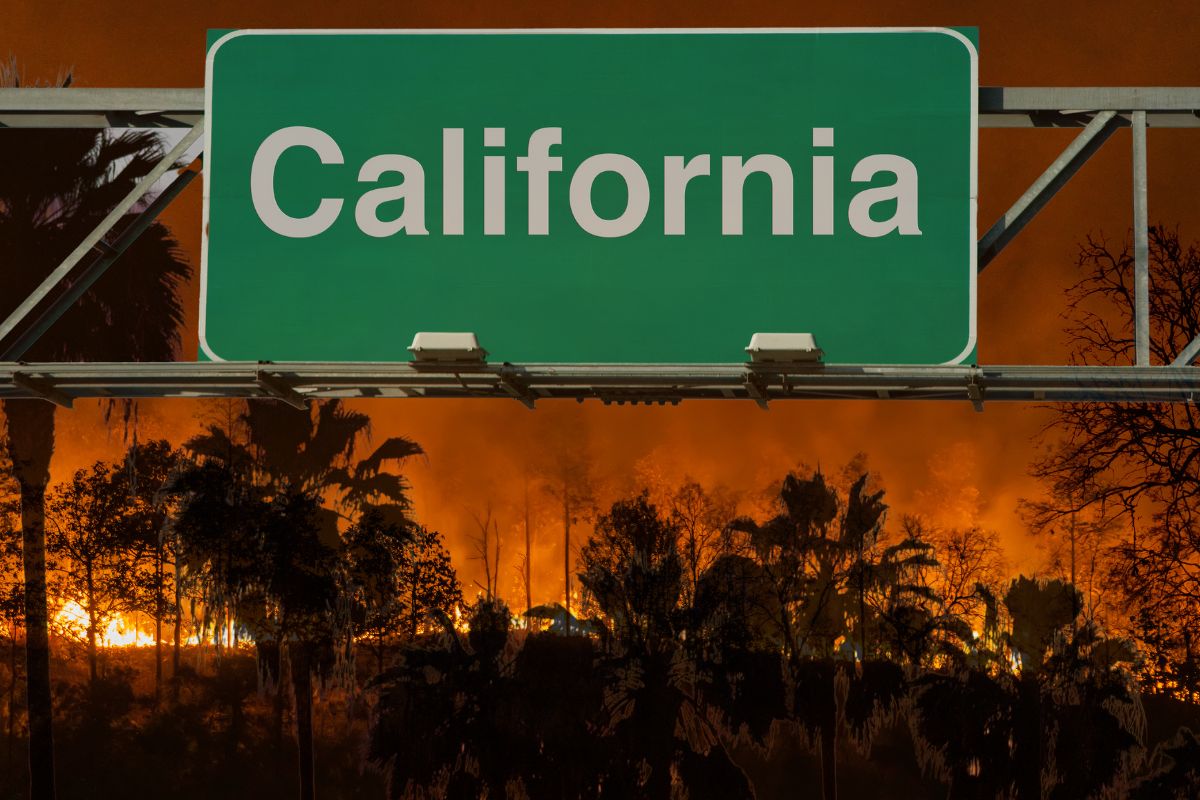In a move that underscores the growing financial impact of climate change on the insurance industry, Travelers Insurance, one of California’s leading home insurers, has announced significant rate hikes and policy non-renewals due to increased wildfire risk. This development is poised to reshape the insurance landscape in California, signaling a critical shift as insurers deal with the escalating threat of natural disasters.
Understanding the Rate Hikes
The Details of the Increase
Travelers Insurance, the sixth largest property and casualty insurer in California as of 2022, has received approval to raise rates for its Quantum Home 2.0 program by an average of 15.3%, effective June 24. The adjustments will affect approximately 320,000 policyholders, with some facing rate increases up to 26.7%. Conversely, a smaller segment of customers may see their rates decrease by as much as 8.6%.
Quantum Home 2.0 Explained
Initiated in 2018, Quantum Home 2.0 is Travelers’ insurance solution catering to homeowners, condo owners, tenants, and landlords. This program replaced the insurer’s previous offerings, Quantum Home and Homesaver, aligning more closely with the company’s contemporary underwriting standards.
Policy Non-Renewals Amid Wildfire Risks
A Response to Wildfire Losses
Travelers has also made the difficult decision not to renew thousands of policies identified as falling short of the company’s current underwriting criteria. This action specifically targets policies associated with the highest wildfire risk, a reflection of the company’s strategic move to mitigate potential catastrophic losses linked to wildfires. Since 2022, Travelers has earmarked over 6,600 policies for non-renewal, underscoring the insurer’s reassessment of wildfire-related risks.

The Impact on Homeowners
For homeowners affected by these non-renewals, the search for new insurance coverage could prove challenging, as the market adjusts to the heightened perception of risk. Travelers’ stance highlights a broader trend within the insurance industry, as companies recalibrate their strategies in response to the increasing frequency and severity of wildfires.
The Broader Implications for the Insurance Market
Travelers’ rate adjustments and policy non-renewals are indicative of a larger shift within the insurance sector, driven by the need to adapt to the realities of climate change. Other insurers are likely to follow suit, reevaluating their exposure to natural disasters and potentially altering their approach to coverage in wildfire-prone areas.
Looking Ahead
The consecutive years of significant wildfire activity in California have prompted a reexamination of risk assessment models across the insurance industry. Travelers’ recent filings underscore the company’s commitment to maintaining viability in the market while addressing the challenges posed by an evolving risk landscape. For Californians, particularly those in areas most susceptible to wildfires, these changes may necessitate a reassessment of their insurance needs and options.
For residents of California, particularly those in high-risk zones, the developments at Travelers Insurance signal a new era of uncertainty. Homeowners and landlords must now confront the possibility of higher insurance costs and the daunting task of finding alternative coverage in an increasingly cautious insurance market.
A Call to Action
These changes also serve as a stark reminder of the broader implications of climate change, urging individuals and communities to engage more actively in mitigation and preparedness efforts. The adjustments by Travelers and other insurers underscore the urgent need for comprehensive strategies to address the risks and realities of wildfire and other climate-related disasters.
In conclusion, Travelers Insurance’s decision to increase rates and not renew certain policies reflects a critical juncture for the California insurance market. As the state continues to face the growing threat of wildfires, both insurers and policyholders must adapt to the changing dynamics of risk and coverage in the era of climate change.


